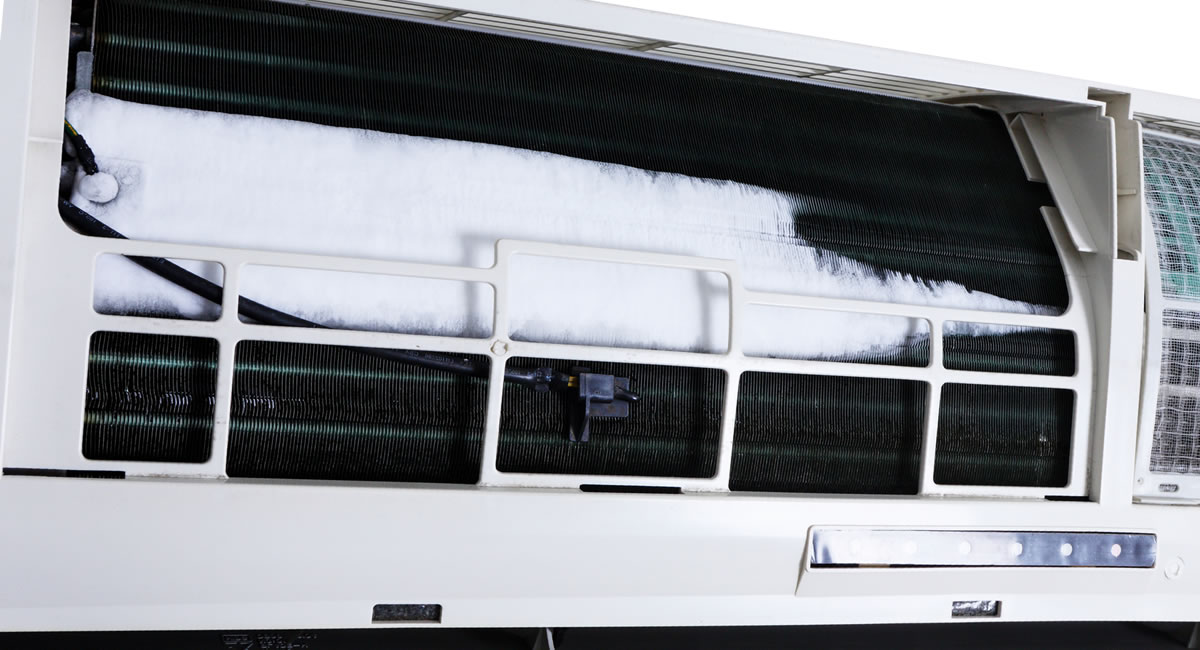

Articles
How To Unfreeze AC
Modified: November 2, 2024
Learn how to unfreeze your AC quickly and effectively with these informative articles. Stay cool this summer with our expert tips and tricks!
(Many of the links in this article redirect to a specific reviewed product. Your purchase of these products through affiliate links helps to generate commission for Storables.com, at no extra cost. Learn more)
Introduction
When the blazing heat of summer hits, there’s nothing more refreshing than stepping into a cool, air-conditioned room. However, if you find that your AC unit is blowing warm air or not functioning properly, it may be a sign of a frozen AC. AC freezing is a common occurrence that can result from a variety of factors, including poor airflow, refrigerant issues, or mechanical problems.
In this article, we will explore the causes of AC freezing, discuss the signs to look out for, and provide a step-by-step guide on how to unfreeze your AC. We will also share preventive measures to avoid AC freezing in the first place and troubleshooting tips to address any recurring issues. So, let’s dive in and learn how to stay cool and comfortable during the hottest months of the year!
Key Takeaways:
- Prevent AC freezing by maintaining proper airflow, replacing air filters regularly, and scheduling HVAC maintenance. Addressing issues promptly can ensure a cool and comfortable indoor environment during the hottest months.
- Safety is paramount when dealing with a frozen AC. Turn off the power, wear protective gear, and allow the ice to melt naturally. If issues persist, seek professional HVAC assistance for optimal performance.
Read more: How To Unfreeze Outdoor Pipes
Causes of AC Freezing
There are several common causes that can lead to the freezing of an AC unit. Understanding these causes is essential in diagnosing and resolving the issue.
Poor airflow: One of the primary culprits behind AC freezing is restricted airflow. When the airflow is obstructed, the evaporator coil, which is responsible for cooling the air, can become too cold and freeze. Blocked vents, dirty air filters, or a malfunctioning blower fan can all contribute to poor airflow.
Refrigerant issues: Another cause of AC freezing is improper levels of refrigerant. Refrigerant is a crucial component in the cooling process, and if there is too little refrigerant or a leak in the system, it can result in the evaporator coil becoming excessively cold and freezing.
Thermostat problems: A faulty thermostat can also lead to the freezing of an AC unit. If the thermostat is not accurately sensing the temperature, it may cause the system to run longer than necessary, reaching excessively low temperatures and causing the evaporator coil to freeze.
Insufficient insulation: Poor insulation around the refrigerant lines can cause them to become overly cold, leading to frozen AC coils. Insulation helps regulate the temperature of the refrigerant, preventing it from dropping to freezing temperatures.
Mechanical issues: AC freezing can also occur due to mechanical problems within the air conditioning unit. This can include issues with the blower fan, motor, or other components that affect the airflow or refrigerant flow.
By understanding the potential causes of AC freezing, you can better diagnose the issue and take the necessary steps to resolve it. In the next section, we will explore the signs that indicate your AC unit may be frozen.
Signs of a Frozen AC
Recognizing the signs of a frozen AC unit is crucial in addressing the issue promptly and preventing further damage. Here are some common signs that indicate your AC may be frozen:
1. Warm air blowing from the vents: One of the most apparent signs of a frozen AC is when warm air starts coming out of the vents instead of cold air. This occurs because the frozen evaporator coil is unable to properly cool the air passing through it.
2. Reduced airflow: If you notice a decreased airflow from the vents, it may be a sign of a frozen AC. The ice accumulation on the evaporator coil restricts the airflow, making it harder for the air to circulate throughout your space.
3. Condensation and water leakage: When an AC unit freezes, the ice on the evaporator coil can melt, causing excessive condensation and water leakage around the unit. Puddles of water near the AC or moisture on the walls or ceiling are clear indications of a frozen AC.
4. Ice on the outdoor unit: In some cases, you may notice ice buildup on the outdoor unit of your AC. This ice formation is a visible sign that your AC is frozen and requires attention.
5. Unusual noises: A frozen AC may produce unusual noises as the ice expands and puts pressure on the components. Listen for any hissing, gurgling, or popping sounds coming from the unit, as these can indicate a frozen AC.
6. Frequent cycling: If your AC unit is frequently turning on and off, it could be a result of a frozen evaporator coil. The system may be trying to compensate for the limited airflow by cycling more frequently.
If you notice any of these signs, it’s important to address the issue as soon as possible to prevent further damage and restore your AC to proper functioning. In the next section, we will discuss the safety precautions you should take before attempting to unfreeze your AC.
Safety Precautions
Before proceeding with any troubleshooting or attempts to unfreeze your AC, it’s crucial to prioritize your safety. Here are some important safety precautions to keep in mind:
1. Turn off the AC: Start by turning off the power to your AC unit. This can be done by switching off the circuit breaker that controls the AC or by using the power switch on the unit itself. This step ensures that you won’t be exposed to any electrical hazards while working on the frozen AC.
2. Wear protective gear: When dealing with a frozen AC, it’s important to wear protective gear to prevent any injuries. Put on gloves to protect your hands from frostbite and sharp edges, and wear safety glasses to shield your eyes from any debris that may be dislodged during the repair process.
3. Allow time for defrosting: After turning off the AC, give it time to defrost naturally. Avoid trying to remove the ice manually or using any sharp objects to chip away the ice, as this can cause damage to the unit. Let the ice melt away on its own.
4. Clean up water and moisture: As the ice melts, be sure to clean up any water or moisture that accumulates around the AC unit. This will help prevent slips, falls, and potential damage to the surrounding area.
5. Avoid excessive force: When dealing with a frozen AC, be cautious not to apply excessive force or pressure to any components. This can cause further damage to the unit or result in personal injury. Take your time and proceed with care.
6. Call a professional if needed: If you are unsure about how to safely unfreeze your AC or if the issue persists even after taking the necessary precautions, it’s best to call a professional HVAC technician. They have the expertise and knowledge to diagnose and repair any complex AC freezing problems while ensuring your safety.
By following these safety precautions, you can minimize the risk of accidents and ensure a safe environment while addressing the issue of a frozen AC. In the next section, we will provide a step-by-step guide on how to unfreeze your AC.
Check the circuit breaker and thermostat first. If they are both working, try cleaning or replacing the air filter. If the problem persists, call a professional.
Step-by-Step Guide to Unfreeze AC
If you’ve identified that your AC unit is frozen, you can follow these steps to safely unfreeze it:
Step 1: Turn off the AC
Start by turning off the power to your AC unit. This can be done by switching off the circuit breaker or using the power switch on the unit itself. This will prevent any further freezing and allow the ice to melt naturally.
Step 2: Check and replace the air filter
Inspect the air filter, as a clogged or dirty filter can restrict airflow and contribute to AC freezing. If the filter is dirty, replace it with a clean one. This simple step can often resolve the issue and prevent recurring freezing problems.
Step 3: Ensure proper airflow
Check the vents and ensure they are not blocked or obstructed. Move any furniture or objects that may be blocking the airflow. Additionally, ensure that the return ducts are not blocked and are free from dust and debris. Good airflow is essential for preventing AC freezing.
Step 4: Allow the ice to melt naturally
Once you’ve ensured proper airflow, allow the ice on the evaporator coil to melt naturally. This might take a few hours, depending on the amount of ice buildup. Do not attempt to manually remove the ice or use any sharp objects, as this can cause damage to the unit.
Step 5: Clean the unit
After the ice has melted and the AC unit is defrosted, clean the evaporator coil and the surrounding area. Use a soft brush or cloth to gently remove any dust or dirt from the coil. Ensure that the area around the unit is free from debris to promote proper airflow.
Step 6: Turn on the AC
Once the unit is cleaned and the ice has completely melted, you can turn the power back on and test the AC. Set the thermostat to a comfortable temperature and make sure that cold air is now blowing from the vents. Monitor the unit closely to ensure it is functioning properly without any signs of freezing.
If the AC continues to freeze or if you encounter any difficulties during the unfreezing process, it’s best to contact a professional HVAC technician for further diagnosis and repair.
Now that you know how to unfreeze your AC, let’s move on to the next section, which focuses on preventive measures to avoid AC freezing.
Read more: How To Unfreeze Bathtub Drain
Preventive Measures to Avoid AC Freezing
Preventing AC freezing is much better than dealing with the hassle of unfreezing it. Here are some preventive measures you can take to avoid AC freezing in the first place:
1. Regularly replace air filters: It’s important to regularly replace or clean the air filters in your AC unit. Clogged filters restrict airflow, which can lead to the evaporator coil becoming too cold and freezing. Follow the manufacturer’s guidelines for filter replacement frequency.
2. Maintain proper airflow: Ensure that air vents and registers are not blocked by furniture or other objects. Additionally, keep the area around the outdoor unit clear of debris such as leaves, branches, and grass, to allow for unrestricted airflow.
3. Schedule regular HVAC maintenance: Regular maintenance by a professional HVAC technician can help identify and address any potential issues that may lead to AC freezing. They will inspect and clean the components, check refrigerant levels, and ensure optimal system performance.
4. Insulate refrigerant lines: Properly insulating the refrigerant lines can prevent them from becoming too cold, which can cause the evaporator coil to freeze. It’s important to ensure that the insulation is intact and covers the lines completely.
5. Set the thermostat correctly: Avoid setting the thermostat to extremely low temperatures. This can cause the AC to work excessively and lead to freezing. Aim for a comfortable temperature that doesn’t put unnecessary strain on the system.
6. Address refrigerant leaks promptly: If you suspect a refrigerant leak in your AC system, it’s important to address it promptly. Low refrigerant levels can cause the evaporator coil to freeze since there is not enough refrigerant to absorb heat properly. Contact a professional technician to identify and repair any leaks.
7. Keep the system balanced: Ensure that the supply and return vents in your space are balanced. If there is an imbalance, it can lead to inadequate airflow or restricted return flow, which can contribute to AC freezing. Consult with an HVAC technician to address any balancing issues.
By implementing these preventive measures, you can significantly reduce the chances of your AC unit freezing. Regular maintenance and proper care will keep your AC running efficiently and prevent any disruptions or discomfort caused by a frozen AC.
In the next section, we will provide some troubleshooting tips to help you address any recurring issues with AC freezing.
Troubleshooting Tips
If you have encountered recurring issues with AC freezing, here are some troubleshooting tips that you can try:
1. Check for blocked vents: Ensure that all vents are open and unobstructed. Blocked vents can restrict airflow and contribute to AC freezing. Make sure that furniture, curtains, or any other objects are not blocking the vents.
2. Clean or replace the air filter: A dirty or clogged air filter can impede airflow and lead to AC freezing. Regularly clean or replace the filter according to the manufacturer’s instructions to maintain proper airflow.
3. Verify proper refrigerant levels: Low refrigerant levels can cause the evaporator coil to freeze. If you suspect a refrigerant issue, it’s best to contact a professional technician to inspect and recharge the refrigerant levels if necessary.
4. Inspect the fan motor: A malfunctioning or faulty fan motor can result in poor airflow and contribute to AC freezing. Check the condition of the fan motor and ensure that it is operating properly. If needed, seek assistance from an HVAC technician for motor repair or replacement.
5. Address leaking ducts: Leaking air ducts can disrupt proper airflow and lead to AC freezing. Inspect the ductwork for any visible leaks or gaps and seal them with duct tape or mastic sealant. If the issue persists, consult with a professional to assess and repair the ductwork.
6. Ensure proper insulation: Insufficient insulation around the refrigerant lines can cause them to become too cold and contribute to AC freezing. Make sure that the insulation is intact and covers the lines completely to maintain proper temperature regulation.
7. Upgrade thermostat: If you suspect that thermostat issues are contributing to AC freezing, consider upgrading to a programmable or smart thermostat. These advanced thermostats provide more accurate temperature control and can help prevent excessive cooling that can lead to freezing.
Remember, if you’re unsure about any of these troubleshooting steps or if the issue persists, it’s best to consult with a professional HVAC technician. They have the expertise to diagnose and address the underlying problem to ensure optimal AC performance.
With these troubleshooting tips, you can troubleshoot and potentially resolve AC freezing issues on your own. In the next section, we will conclude our article with a summary of the information covered.
Conclusion
Dealing with a frozen AC can be a frustrating and inconvenient experience, but with the right knowledge and precautions, you can effectively address the issue. In this article, we discussed the causes of AC freezing, the signs to look out for, and provided a step-by-step guide on how to unfreeze your AC. Additionally, we explored preventive measures to avoid AC freezing and troubleshooting tips to address recurring issues.
Remember that poor airflow, refrigerant issues, thermostat problems, insufficient insulation, and mechanical issues are common causes of AC freezing. Being mindful of these factors can help you prevent the issue from occurring in the first place. Regularly maintaining your AC, replacing air filters, ensuring proper airflow, and addressing any leaks or malfunctions will keep your AC running smoothly and reduce the risk of freezing.
If you do encounter a frozen AC, it’s essential to prioritize safety by turning off the power, wearing protective gear, and allowing the ice to melt naturally. Cleaning the unit and ensuring proper airflow can help restore your AC to optimal functioning.
By following the preventive measures and troubleshooting tips provided in this article, you can minimize the occurrence of AC freezing and ensure a comfortable and cool indoor environment during the hot summer months.
If you encounter any difficulties or if the issue persists, it’s best to seek assistance from a professional HVAC technician. They have the expertise to diagnose and address complex AC problems, ensuring that your AC system operates efficiently and reliably.
Stay vigilant, keep up with regular maintenance, and take the necessary steps to prevent AC freezing. With these measures in place, you can enjoy the cool comfort of your air-conditioned space without the inconvenience of a frozen AC.
Frequently Asked Questions about How To Unfreeze AC
Was this page helpful?
At Storables.com, we guarantee accurate and reliable information. Our content, validated by Expert Board Contributors, is crafted following stringent Editorial Policies. We're committed to providing you with well-researched, expert-backed insights for all your informational needs.
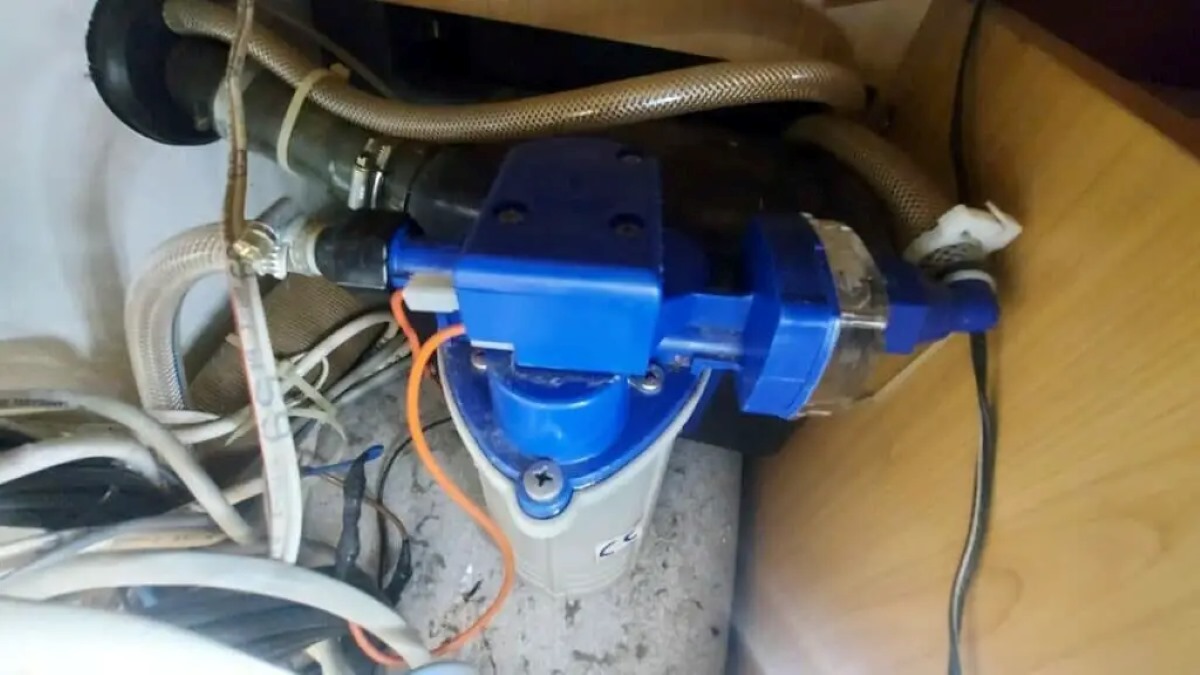


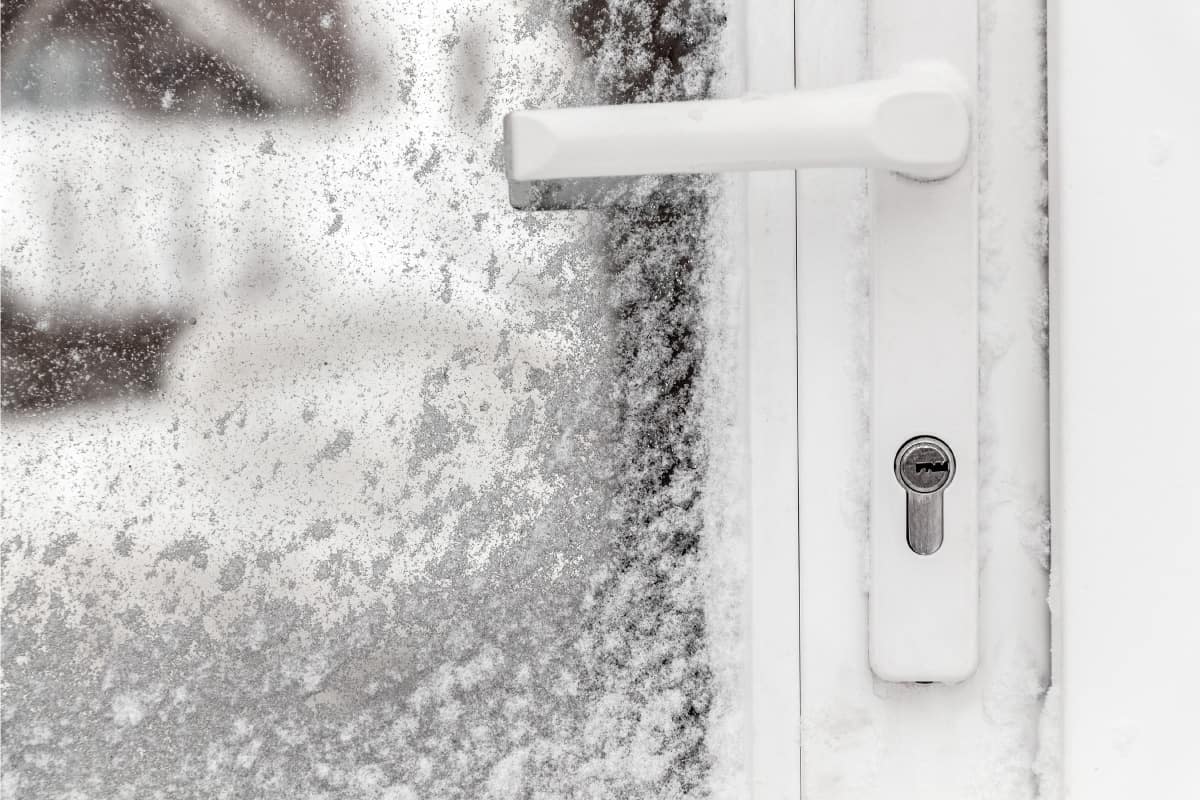
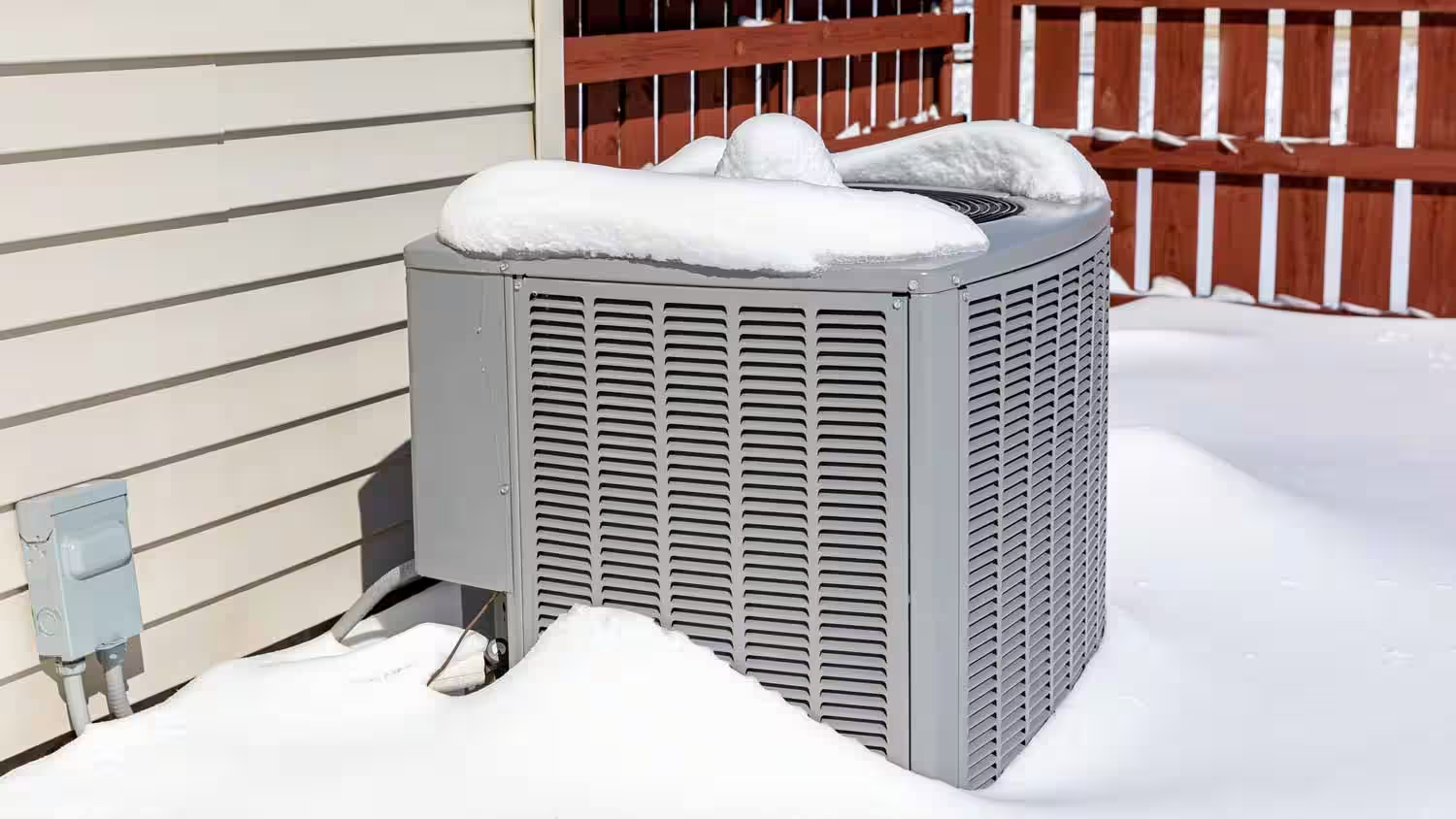
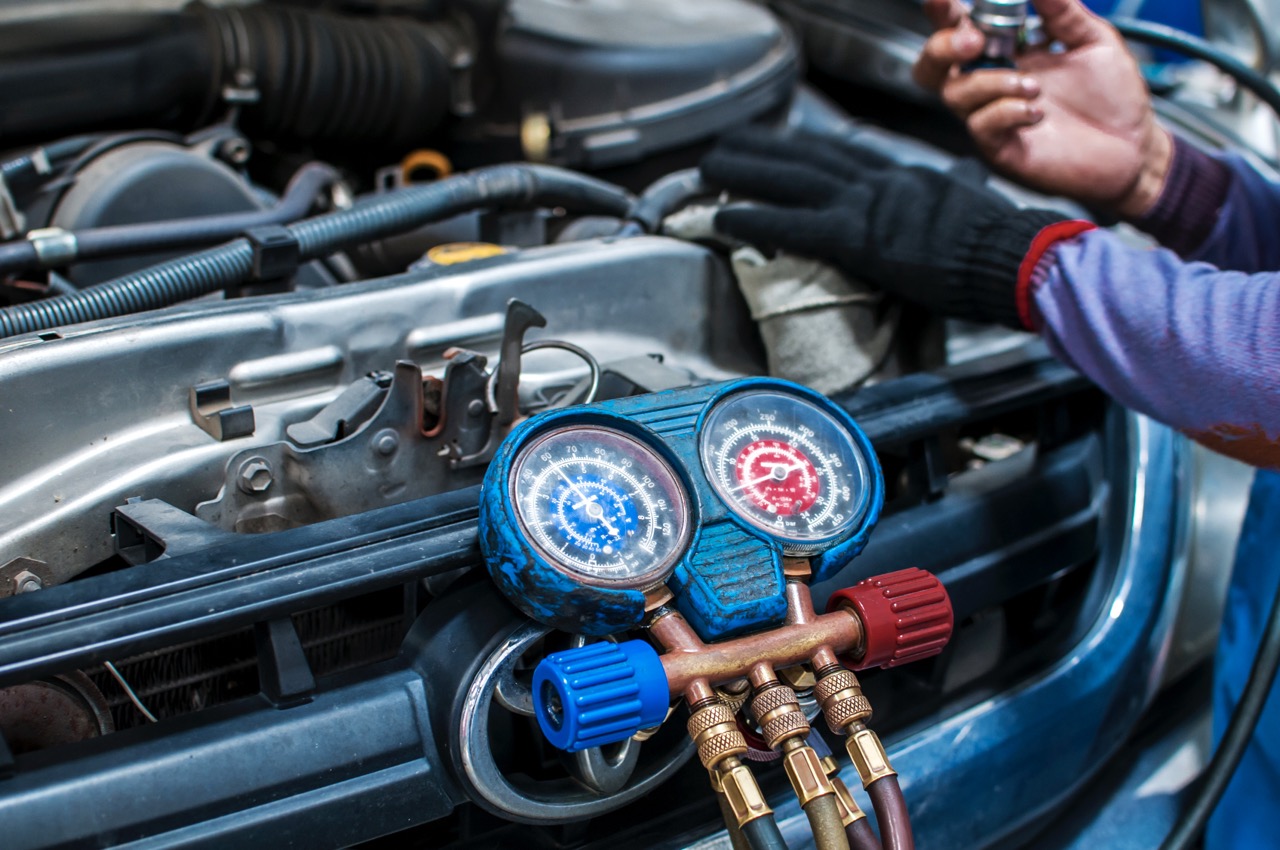
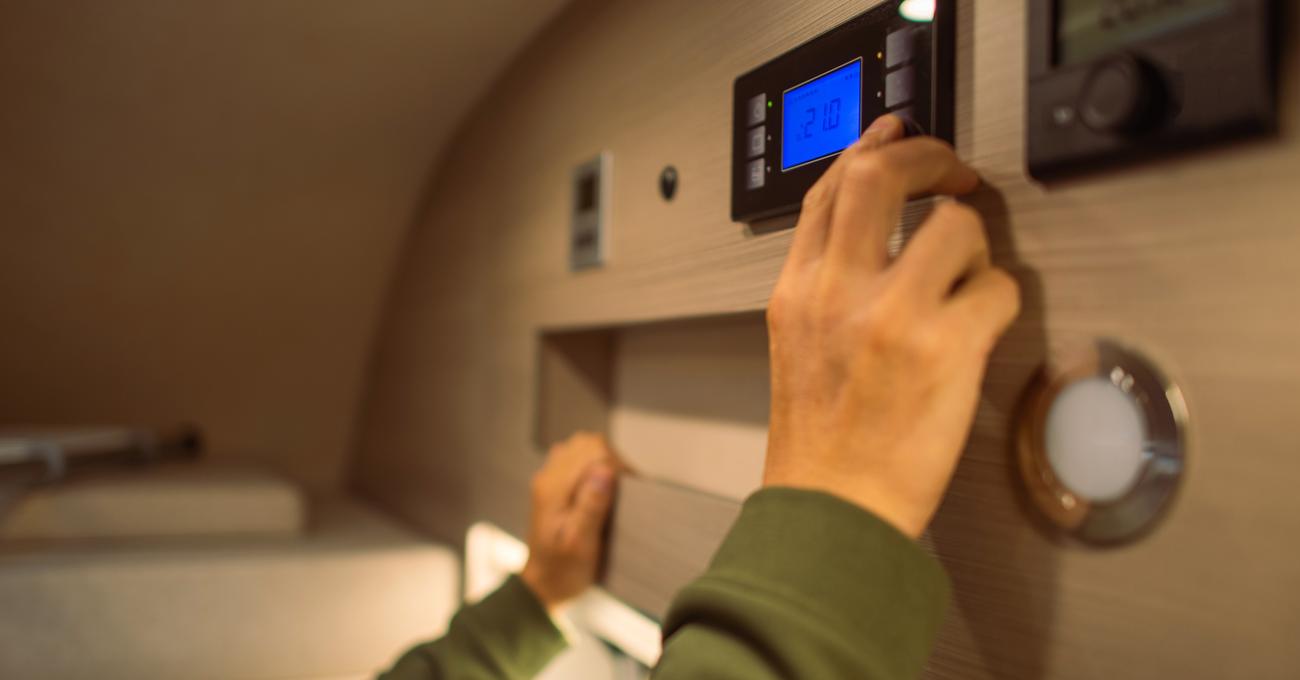
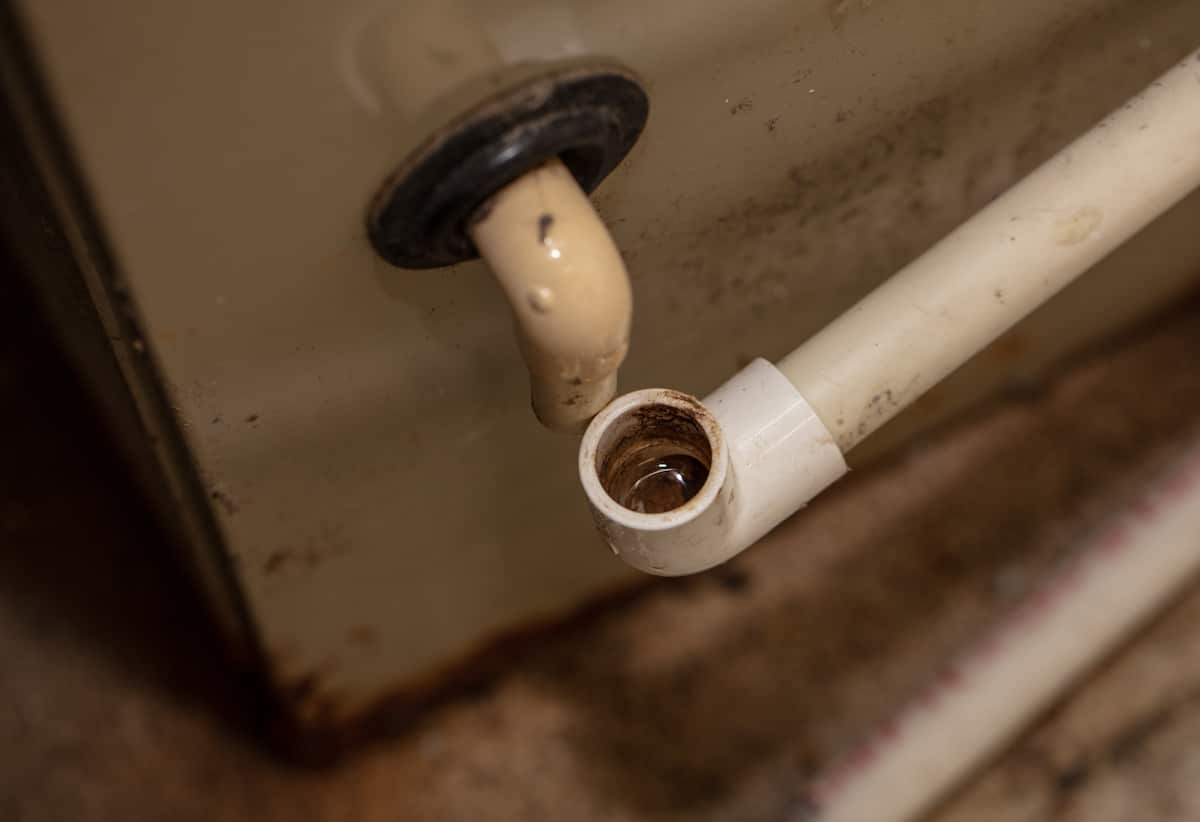
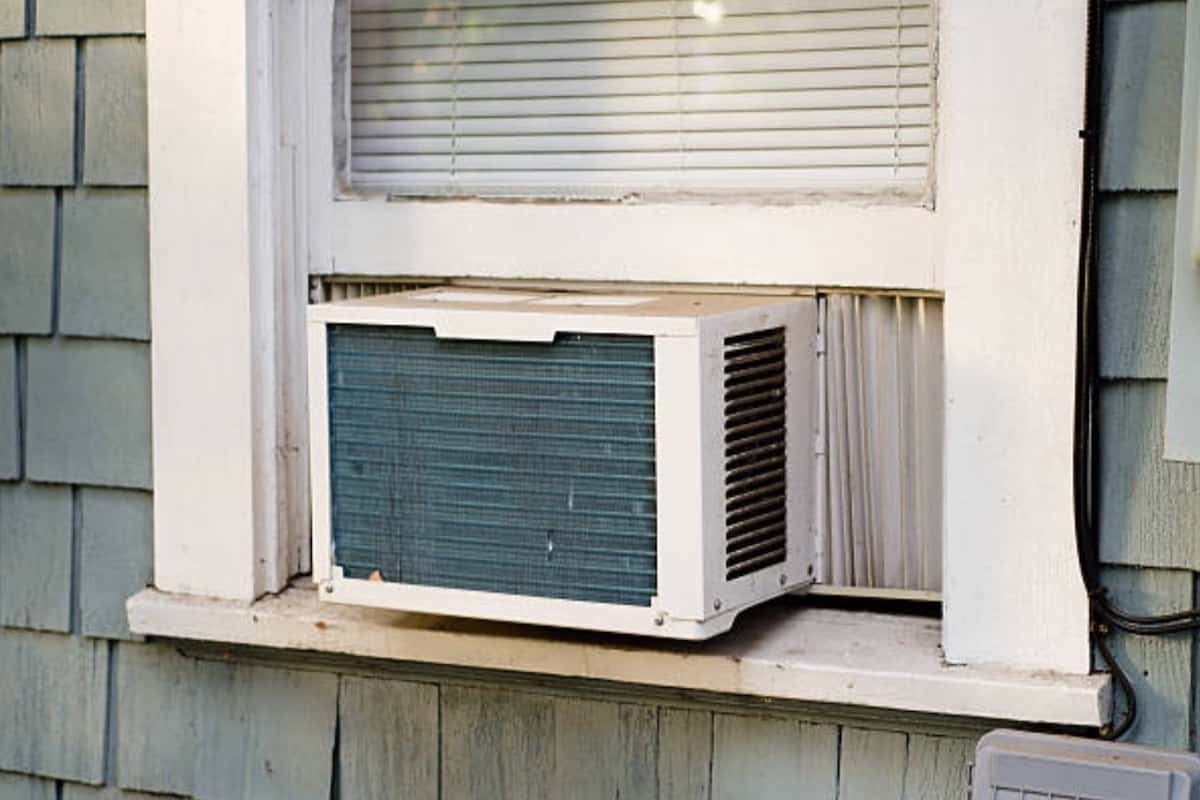

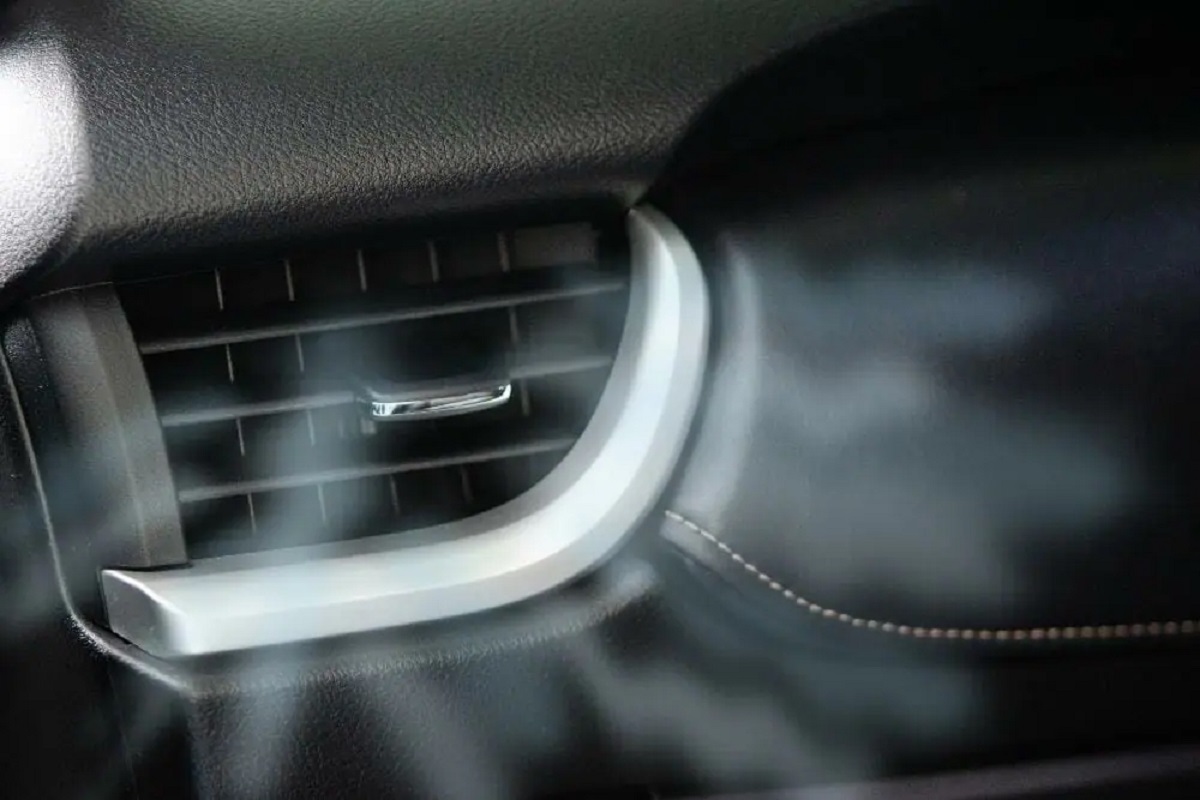
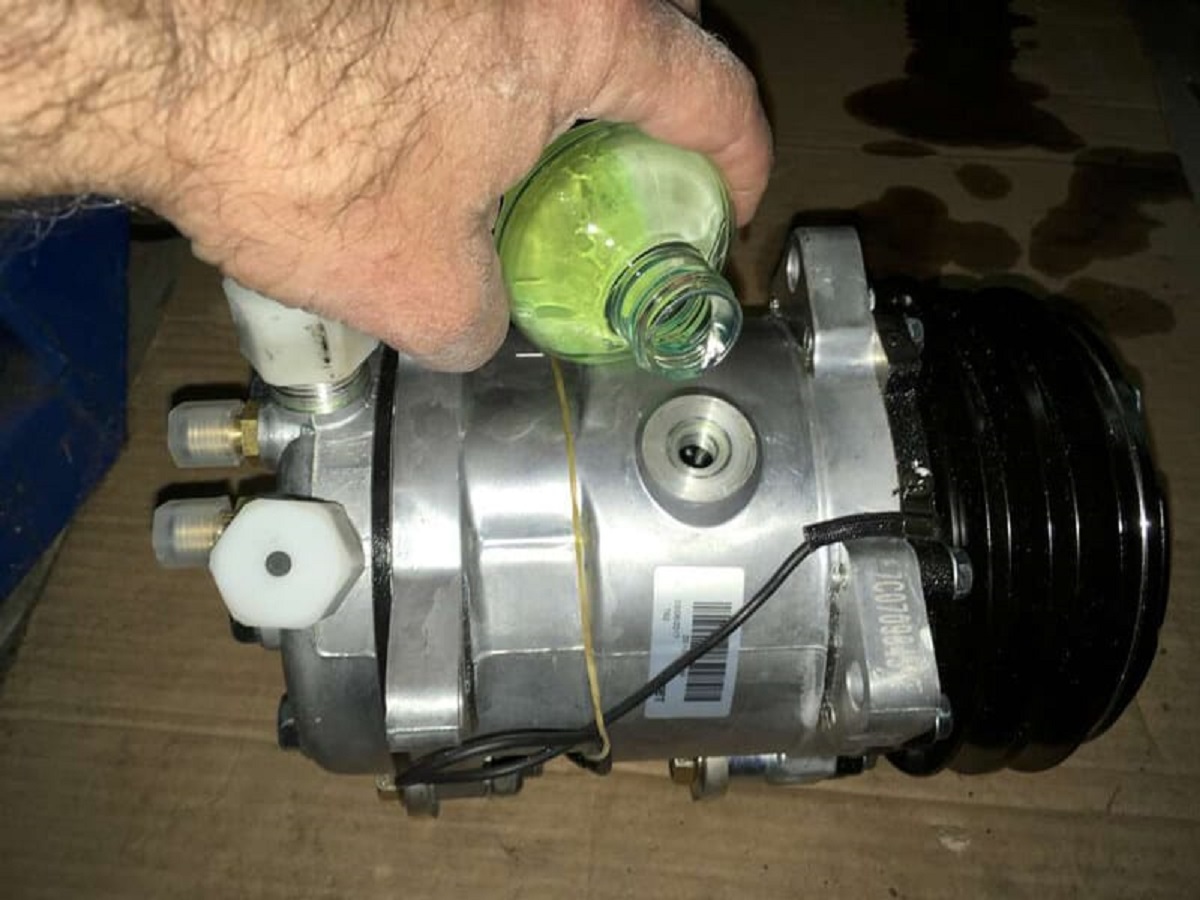
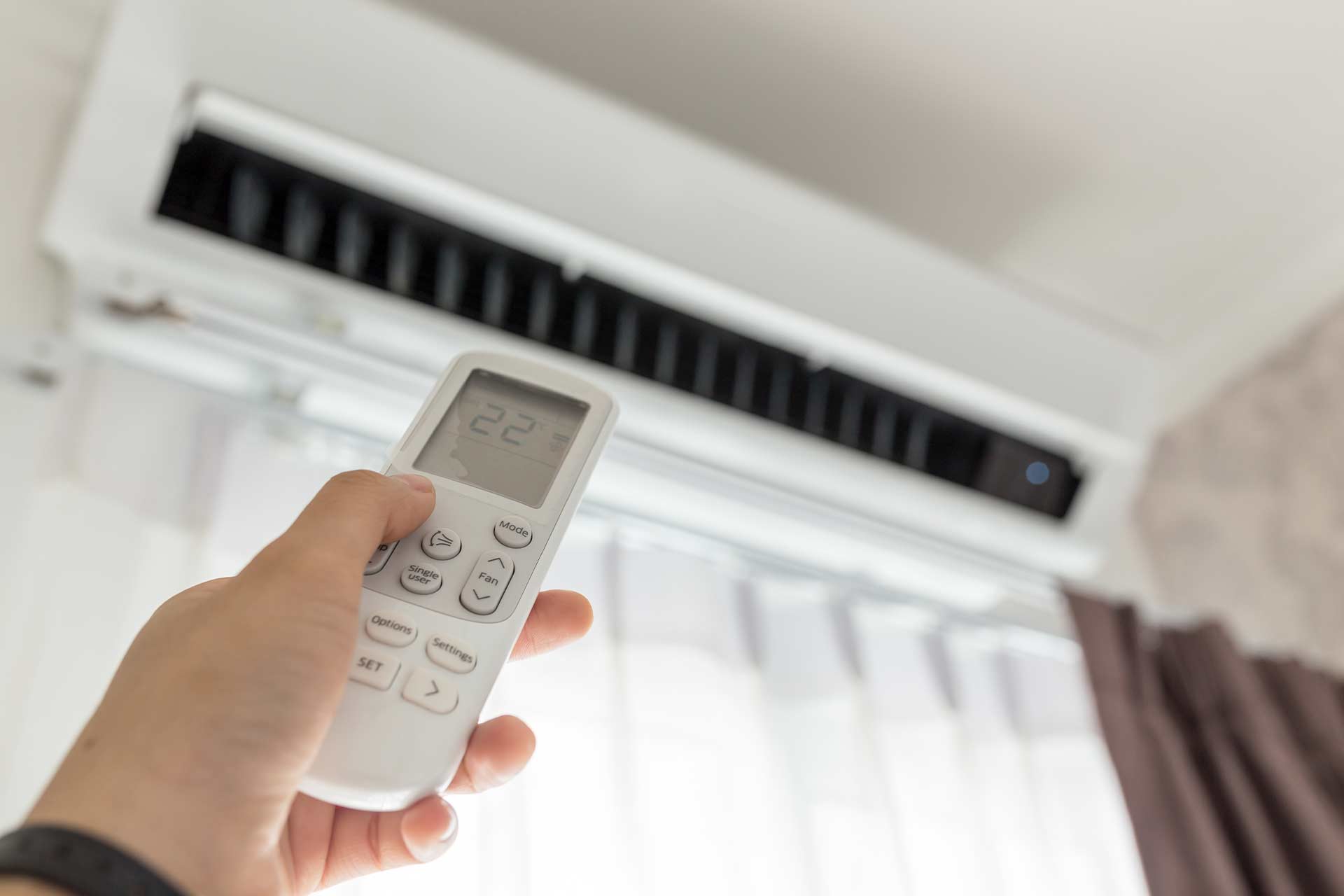
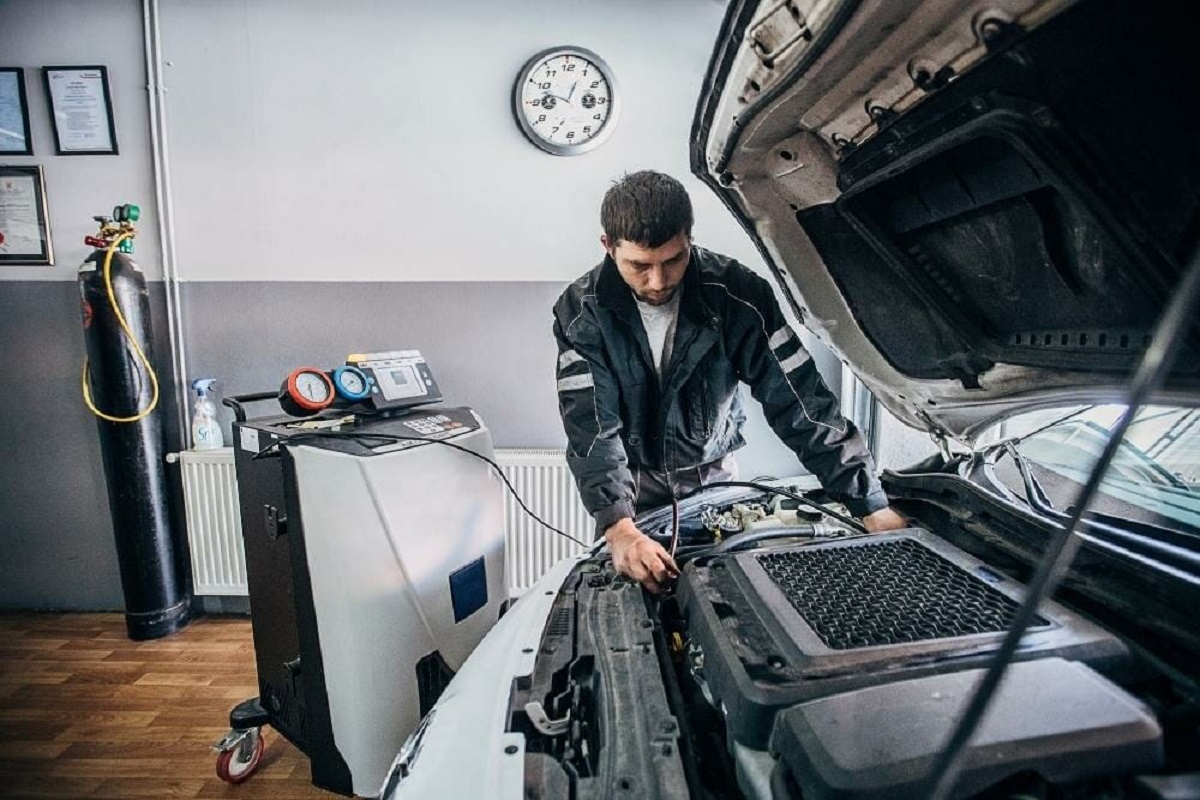

0 thoughts on “How To Unfreeze AC”